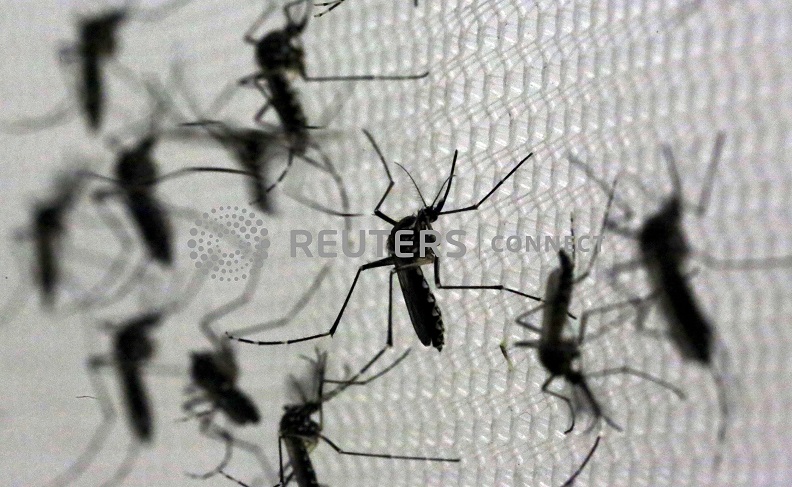A child has died and three others are hospitalised as meningococcal disease re-emerges in Fiji, sparking urgent warnings from health authorities.
Four confirmed cases, two children and two adults, were recorded between April 21 and May 5. With no links between them and involving different bacterial strains (B, Y and W135), the Ministry of Health is urging immediate awareness.
The disease spreads rapidly through close contact and can cause fatal meningitis or blood infections within hours.
Authorities say early symptoms; fever, vomiting, stiff neck, confusion must not be ignored, especially in infants. Fiji’s last outbreak in 2018 saw 96 cases.
“There has been no direct link identified among these cases,” the ministry said.
They said meningococcal strains involved vary and include types B, Y, and W135 (these different types of meningococcal bacteria that cause the same deadly disease but require different vaccines for protection).
“Investigations show that these cases reside in densely populated areas and therefore the need for heightened awareness and preventative measures.”
Meningococcal disease is a serious bacterial infection that can cause meningitis or bloodstream infections. It spreads through close and prolonged contact, such as kissing, coughing, or sharing drinks, including kava.
The ministry is urging members of the public to seek immediate medical attention if symptoms arise.
Signs include fever, stiff neck, sensitivity to light, vomiting, and confusion. Infants may exhibit different symptoms such as irritability, poor feeding, and a bulging soft spot on the head.
“Fiji last experienced a significant meningococcal outbreak in 2018, with 96 cases and a national vaccination campaign that achieved 91 per cent coverage.”
While there is no declared outbreak currently, the ministry says it continues to closely monitor developments and encourages vigilance, especially in high-density communities.



